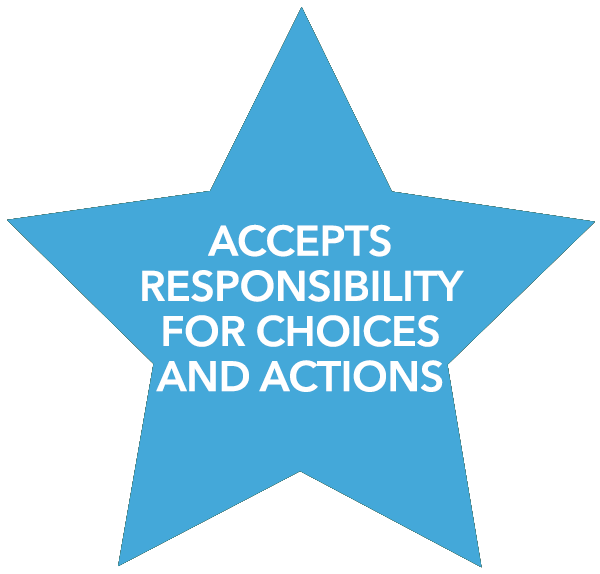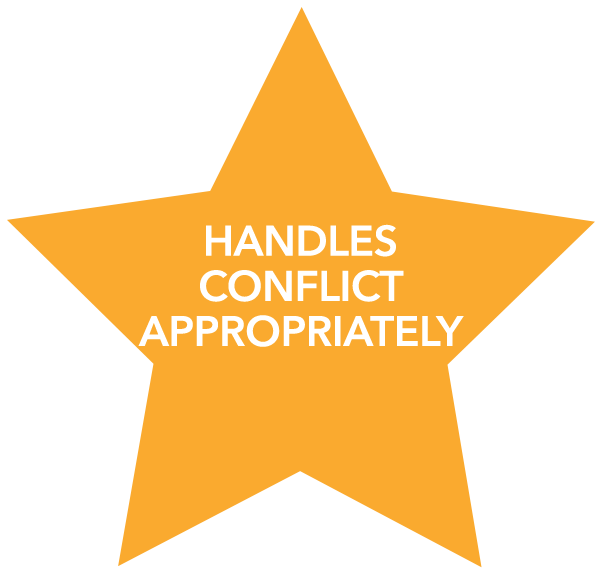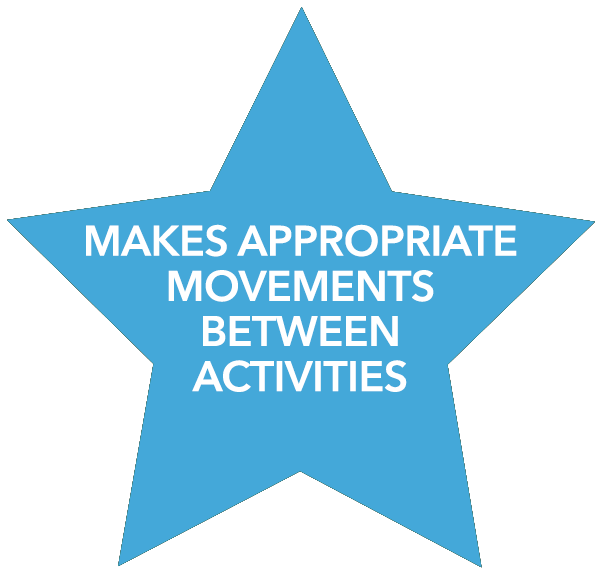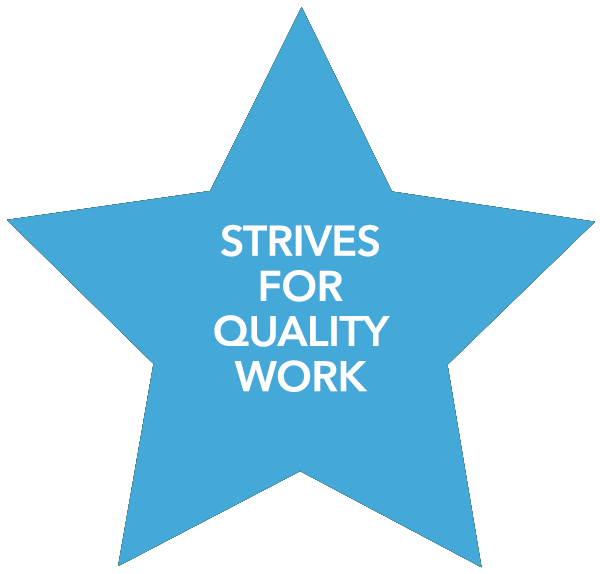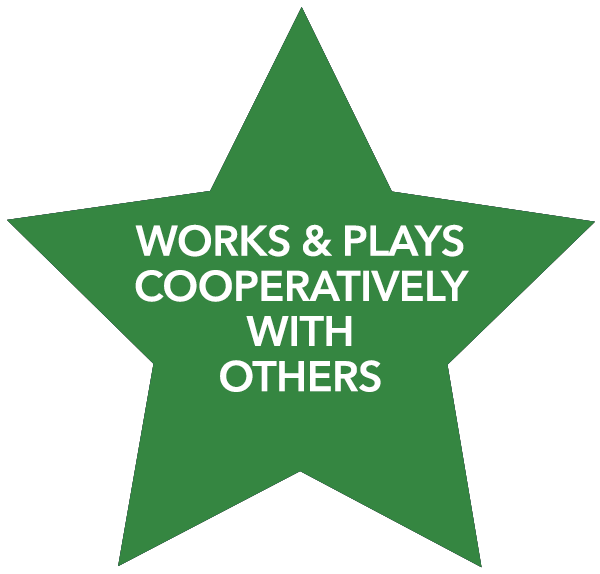THE 14 SKILLS
The School District of Philadelphia lists 14 social and emotional skills on the kindergarten report card which are defined below. For tips and strategies to help a child learn these skills, please click on any of the stars below or visit our SKILLS TOOLKIT page.
Accepts Responsibility for Choices and Actions
“Accepts responsibility for choices and actions” is about a child showing ownership over what they say and do. Children who are responsible for their choices and actions show that they are in control of themselves. They demonstrate an understanding that no one else is to blame for what they say or do. They admit their mistakes and accept the results of their actions. This skill is important because it shows that children are learning that they are in charge of how they act.
Can Work Independently
“Can work independently” is about a child’s ability to work alone on a task given by an adult. The task should be something that the child can do by his/herself. The child should be able to work on the task without the adult constantly monitoring or reminding him/her. The child stays focused and tries to do the task alone before asking for help. This skill is important because it helps children build the confidence and ability to work on their own.
Completes Work on Time
This skill relates to a child’s ability to finish a task given by a teacher or parent within a certain time. To show this skill, a child must meet expectations set by the adult within the time set by the adult. For example, the adult asks the child to clean up their toys in the next 10 minutes. This is an important skill because it shows that children can focus their attention and finish what they start on time.
Demonstrates Consistent Effort
This skill reflects a child’s ability to work through tasks toward a goal. That means handling frustration, staying focused, and not giving up. This skill is about sticking with something even when it is hard. This skill is important because it shows children that their effort matters and gives them confidence when they face challenges.
Demonstrates consistent effort is different from “Strives for quality work”. Strives for quality work is about children trying their best to meet adult expectations for their school work. Demonstrates consistent effort is about children working through challenges, managing frustration, and not giving up when things are difficult.
Handles Conflict Appropriately
This skill is about children’s ability to manage their emotions and behaviors when problems arise with their peers. There are classroom expectations for how to deal with conflicts, such as using kind words and kind hands. When conflicts come up, a child demonstrates the ability to control their emotions and follow the classroom expectations. The child uses appropriate strategies to try and resolve the conflict. The child may also seek the help of an adult if they are unable to resolve the conflict on their own. This is an important skill because it shows that children can control themselves in difficult situations and are learning how to have positive relationships.
Listens and Follows Directions
This skill is about a child’s ability to do what a parent or teacher asks them to do. The child shows they are listening to the adult giving the directions by following the instructions as best they can. Directions with two or three steps are appropriate for children in kindergarten. For example, “Push in your chair and put your plate in the sink.” Directions with too many steps can be confusing for young children and shouldn’t be used. This skill is important because it shows that the child can pay attention to what adults say and can follow instructions.
Makes Appropriate Movement between Activities
This skill shows how a child handles transitions or the time in between classroom activities. Transitions allow the whole class to move together from one activity to the next, like moving from center time to lunchtime. To keep the class on track, it is important that transitions between activities are smooth. A child that demonstrates this skill stops the current activity and follows the teacher’s directions to go to the next activity. This skill is important because it shows that children are learning about the flow of the school day and understand that the class must stop and start activities together to be successful.
Organizes Self, Materials, and Belongings
“Organizes self, materials, and belongings” is about how children manage themselves and their things. It shows an understanding that there is a place for everything and everything should be in its place. For example, children demonstrate this skill by putting their homework in their homework folder instead of just in their backpack. This skill is about a child keeping his/her things neat and keeping track of belongings. This skill shows that children are learning about order and are using it to keep track of themselves and their things.
Participates in Group Activities
This skill is about a child contributing to a large-group activity, such as when the teacher reads a story to the whole class during Read Aloud time. A child that shows this skill is able to engage in the activity and joins in when the group is asked to do something. For example, when the teacher is reading to the whole class and asks a question about the book, a child who participates raises their hand and offers an answer to the question. When children take part in group activities, they learn from others and help others learn. This skill is important because it shows that a child is developing confidence in large-group settings.
Respects Rights, Diversity, Feelings, and Property of Others
This skill is about learning that each person is an individual and deserves to be treated with kindness. It is important because it shows that children can treat others the way they want to be treated. This skill includes being respectful of:
- the rights of others. For example, taking turns and sharing.
- the unique ways people look, speak, and think. For example, learning about the food from another culture.
- the feelings of others. For example, being nice to a friend when they are upset.
- the property of others. For example, not taking things that belong to others without asking.
Respects School Environment and Materials
“Respects school environment and materials” relates to how a child treats spaces and things at school. The school environment includes all school spaces like classrooms, the lunchroom, the gym, and the playground. School materials include all school supplies such as books, puzzles, and art supplies. Everyone at school shares these spaces and things. Schools have rules for how children should treat spaces and things so that everyone can use them. A child shows respect for the school environment and materials by following these rules. This skill helps children learn to treat shared spaces and things with care.
Shows Positive Attitude Toward Learning
“Shows positive attitude toward learning” relates to how a child responds when given the chance to learn. Children have different interests in learning. A child with a positive attitude shows excitement about learning about his/her interests. For example, a child may love story time or be excited about art projects. This skill is important because it shows that children are developing positive feelings about education and their ability to learn.
Strives for Quality Work
“Strives for quality work” is about a child understanding adult expectations for school work and doing their best to meet them. In school, adults communicate expectations for quality and then assess whether children have met them. When striving for quality work, children do the best they can, even if they do not ultimately meet the expectations set by the adult. This skill is important because it shows that children understand what is expected of them and are working hard to produce their best work at school.
“Strives for quality work” is different from “Demonstrates consistent effort”. Strives for quality work is about children trying their best to meet adult expectations for their school work. Demonstrates consistent effort is about children working through challenges, managing frustration, and not giving up when things are difficult.
Works and Plays Cooperatively with Others
This skill relates to the positive relationships a child has with other children. School provides chances for children to work and play together in a give-and-take manner. A child works and plays cooperatively when they take part in a shared activity and allow other children to contribute. For example, a child shows this skill by helping another child clean up or by listening to another child’s ideas. This skill helps children learn from others and work well in a group.
